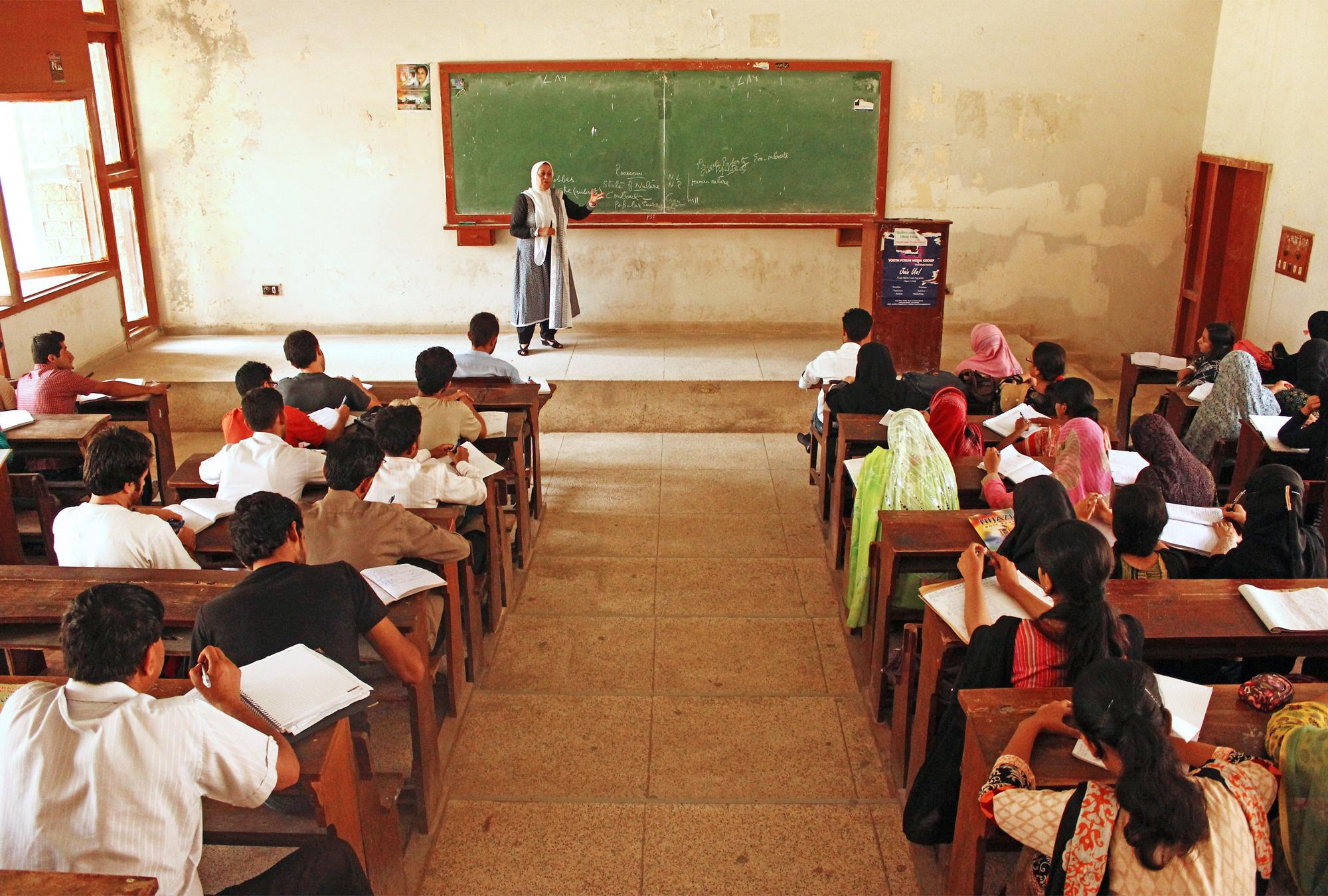Vacant Positions and Staff Shortages
The SSTA underscored a severe deficit in subject specialists, with 4,321 out of 5,582 sanctioned positions in grade 17 at high secondary schools lying vacant. This startling 77.41% shortfall in the secondary education sector has crippled the teaching framework. Additionally, over 70% of high and higher secondary schools across Punjab operate without permanent head principals, further straining an already overburdened system.Contractual Dilemmas
Approximately 14,000 Senior Subject Specialists (SSEs) and Assistant Education Officers have been serving on a contractual basis for more than a decade. This precarious situation places them under constant threat of job insecurity and dismissal, undermining morale and long-term institutional stability.Key Demands by the SSTA
- Immediate Promotions: They called for swift promotions of Secondary School Teachers (SSTs) in grades 17 and 18 to headmaster and subject specialist roles through an executive order. This move would address staffing gaps and provide a pathway for professional growth.
- In-Service Promotion Quota: They advocated implementing a 67% quota for in-service promotions, ensuring equitable career progression for secondary school teachers.
- 4-Grade Formula for Promotions: The SSTA demanded that secondary school teachers be promoted based on the 4-grade formula, streamlining the progression structure.
- Administrative Reforms: The association recommended halting the appointment of grade 18 subject specialists to administrative roles and prioritizing their placement as regular school heads. This, they argued, would strengthen leadership within schools.
- Restoration of Deputy Headmaster Positions: The re-establishment of deputy headmaster roles was urged to enhance administrative efficiency and governance within schools.
- New Recruitment Drives: Filling vacant posts at primary, middle, high, and higher levels through transparent recruitment processes was emphasized to alleviate systemic staffing shortages.


Comments are closed, but trackbacks and pingbacks are open.